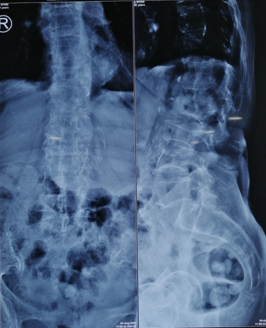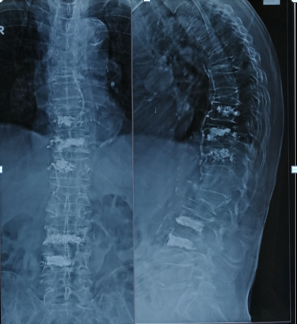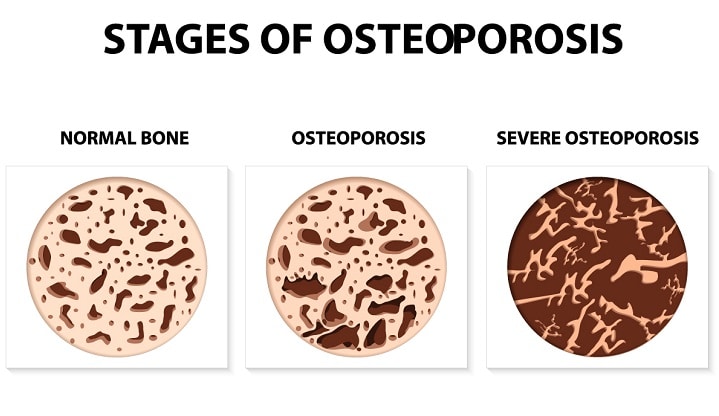
Preventive Measures for Osteoporosis: Ensuring Strong and Healthy Bones
Osteoporosis is a condition that weakens bones, making them fragile and more likely to
break. Preventing osteoporosis is crucial for maintaining bone health and reducing the
risk of fractures. Here are some effective preventive measures:
Ensuring a diet rich in calcium and vitamin D is essential for bone health. Calcium is a
vital (important) mineral for bone formation, while vitamin D helps the body absorb
calcium effectively. Foods high in calcium include dairy products, leafy green
vegetables, and fortified foods. Sun exposure and foods like fatty fish and egg yolks
are good sources of vitamin D.
Engaging in regular weight-bearing and muscle-strengthening exercises can significantly
enhance bone density and strength. Activities such as walking, jogging, climbing stairs,
and resistance training stimulate bone formation and help maintain bone mass.
Avoiding smoking and limiting alcohol consumption are crucial lifestyle choices for bone
health. Smoking can reduce bone mass, while excessive alcohol intake can interfere with
the body's ability to absorb calcium, leading to weaker bones.
Maintaining a healthy weight is important as both underweight and overweight conditions
can negatively impact bone health. A balanced diet and regular exercise can help achieve
and maintain a healthy weight, supporting overall bone health.
Consider bone density testing and medication if you are at high risk of osteoporosis.
Early detection through bone density tests can help in taking timely preventive
measures. Medications, such as bisphosphonates, can be prescribed to prevent bone loss
and reduce fracture risk in high-risk individuals.
Osteoporosis Treatment Options: Managing and Reducing Fracture Risk
When it comes to treating Osteoporotic spine fractures treatment in Jaipur, several
options are available to help manage the condition and reduce the risk of fractures.
These treatments include:
Medications such as bisphosphonates, hormone therapy, and selective estrogen receptor
modulators (SERMs) are commonly prescribed to treat osteoporosis. Bisphosphonates help
prevent bone loss and reduce fracture risk, while hormone therapy can be beneficial for
postmenopausal women. SERMs mimic estrogen's positive effects on bone density without
some of the risks associated with hormone therapy.
Calcium and vitamin D is frequently recommended to ensure adequate intake of these
essential nutrients. Supplements can help individuals who may not get enough calcium and
vitamin D from their diet alone, supporting bone health and reducing fracture risk.
Physical therapy and exercise programs are essential components of osteoporosis
treatment. A tailored exercise regimen can improve balance, strength, and flexibility,
reducing the risk of falls and fractures. Physical therapists can design specific
exercises to address individual needs and limitations.
Implementing procedures such as using handrails, removing tripping risks, and ensuring
proper lighting can significantly reduce the risk of falls and subsequent fractures.
Assistive (beneficial) devices like walkers or canes can also provide additional support
and stability.
Osteoporotic Spine Fractures Treatment in Jaipur: Comprehensive Care for Better Outcomes
For individuals in Jaipur, Rajasthan, seeking treatment for osteoporotic spine
fractures, there are several effective options available. These include:
Non-surgical treatments such as pain management, physical therapy, and bracing are often
the first line of treatment for osteoporotic spine fractures. Pain management may
involve medications, heat or cold therapy, and transcutaneous electrical nerve
stimulation (TENS). Physical therapy focuses on strengthening the muscles around the
spine, improving posture, and enhancing mobility. Bracing can provide additional support
and stability to the spine during the healing process.
Minimally (slightly) invasive surgical procedures like vertebroplasty and kyphoplasty
are available for more severe (tough) cases. Vertebroplasty involves injecting a special
cement into the fractured vertebra to stabilize it, while kyphoplasty includes the
insertion of a balloon to create space before filling it with cement. These procedures
can provide significant pain relief and improve spinal alignment.
Comprehensive rehabilitation programs are essential for restoring mobility and function
after osteoporotic spine fractures. These programs typically include a combination of
physical therapy, occupational therapy, and lifestyle modifications. Rehabilitation aims
to enhance strength, flexibility, and balance, enabling individuals to regain
independence and improve their quality of life.
In Jaipur, numbers of healthcare facilities and specialists provide comprehensive care
for osteoporotic spine fractures. Looking for timely and appropriate treatment can
significantly enhance recovery and reduce the risk of future fractures.
Importance of Early Diagnosis and Regular Monitoring
Early diagnosis and regular monitoring of osteoporosis are crucial for effective
management and prevention of fractures. Bone density testing, also known as dual-energy
X-ray absorptiometry (DEXA) scan, is a standard diagnostic tool to assess bone health.
Regular monitoring helps track changes in bone density and evaluate the effectiveness of
treatment plans.
Individuals with risk factors such as a family history of osteoporosis, early menopause,
or prolonged use of corticosteroids should consider regular bone density testing. Early
detection allows for timely intervention, reducing the risk of fractures and improving
overall bone health.

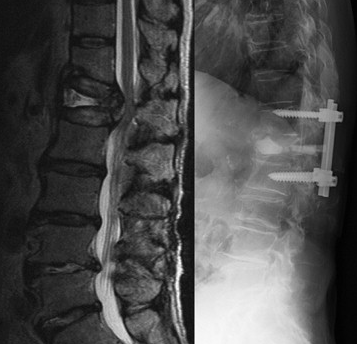
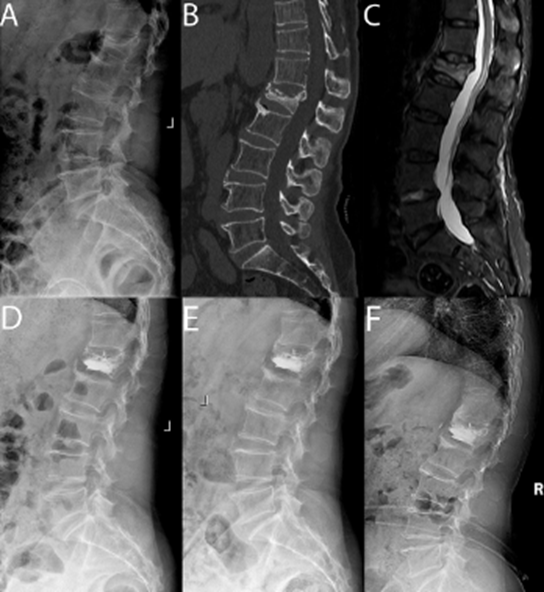
.jpg)
.jpg)
